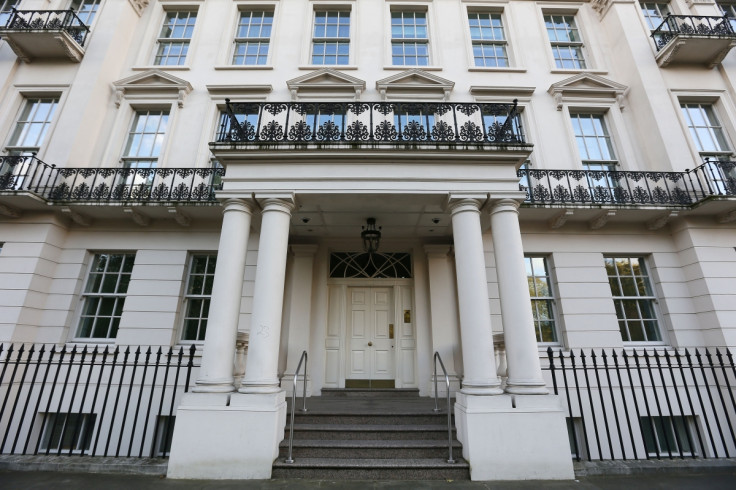Property prices: Likelihood of a correction 'dramatically increased' says Grosvenor boss

A correction in the property market is imminent, says the finance boss of Grosvenor Group, one of the largest property firms in the world, which manages billions of pounds in assets on behalf of the Duke of Westminster, Britain's wealthiest individual.
"The balance of probability has increased quite dramatically that there is going to be a correction of some kind," Nicholas Scarles, finance director at Grosvenor Group, told The Times, adding "it is only a matter of time". He also said Grosvenor is preparing for such a correction by selling off some of its property assets.
Grosvenor owns swathes of residential and commercial property, worth around £6.7bn ($9.65bn) in all, in some of the most desirable locations in the world. Scarles suggested property in prime London locations, such as commercial space in the West End, is overvalued.
It follows a similar call by Grosvenor in 2014 when bosses said the top of the luxury residential market in London had been reached. Before that it had offloaded £240m of its most expensive "super-prime" property assets to cash in.
Asking prices on residential property are now plummeting in traditional prime areas, such as Kensington and Chelsea, though they are rising fast in emerging areas, such as Islington, which are cheaper than in the centre so investors can still find value.
A boom in London and beyond was fuelled by years of low interest rates, relatively cheap sterling after the financial crisis, a serious shortage of property supply in some markets meaning strong returns on investment, and the attraction of Britain as a "safe haven" from political and economic turmoil elsewhere in the world.
But falling commodity prices, such as oil, have weakened demand from wealthy overseas investors, as has the Chinese economic slowdown, property tax hikes by Chancellor George Osborne, and political uncertainty surrounding the UK's referendum on its membership of the EU.
Brake on the property market
Domestic buyers are struggling with the affordability of house prices, which will be another brake on the property market. According to figures from the Office for National Statistics (ONS), the average UK house price shot up by 50% between 2005 and 2015. In London, the average house price leapt 90% across the same decade. To contrast with pay, average weekly earnings between 2005 and 2015 rose just 23% in England and 19% in London.
"On balance, the market again seems ripe for a correction," said the UK Housing Market Focus report by Capital Economics in January 2016. "Yet unless the economy lapses back into recession, or interest rates rise much further and faster than seems plausible, the early stages of any adjustment are most likely to occur in real terms, with house prices rising more slowly than incomes."
Capital Economics is forecasting annual UK house price growth of 2% on average in 2016 and 2017, a sharp slowdown from recent years as affordability is stretched to its limits for first-time buyers. Many would-be buyers are now priced out of the market altogether, unable to save a sufficient deposit or secure a large enough mortgage.
© Copyright IBTimes 2025. All rights reserved.






















